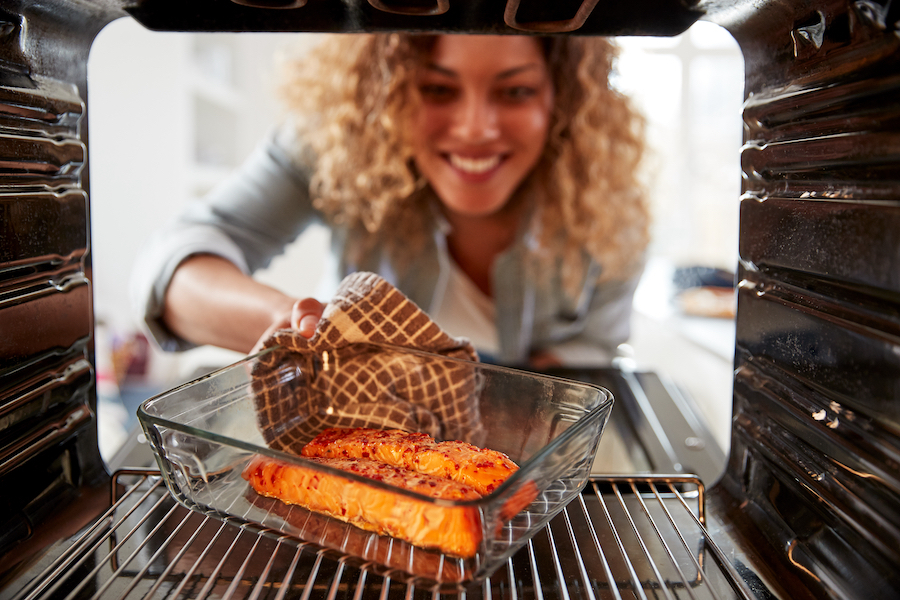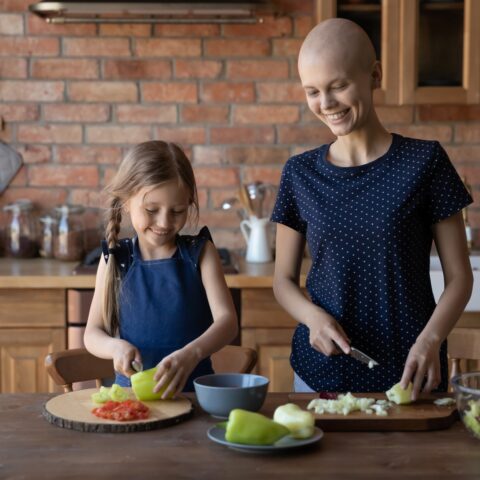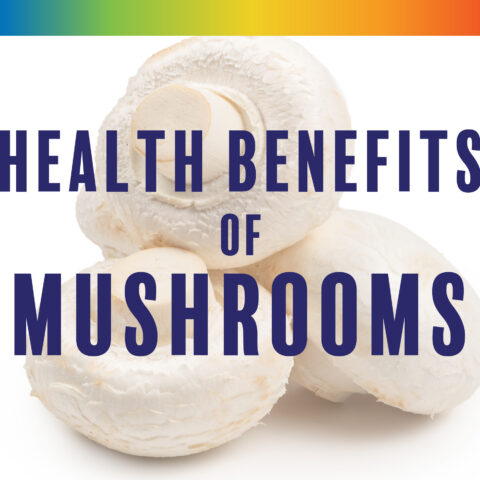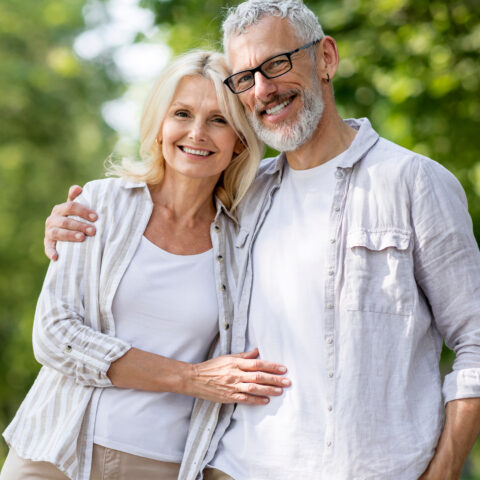The Paleo Diet Is an Anti-Inflammatory Diet

Chronic inflammation plays a key role in a host of illnesses, like cancer, heart disease, and autoimmune illnesses. Researchers from many different areas of medicine have independently pointed to these devastating consequences of inflammation. What is less understood is that eating unhealthy foods can lead to this chronic inflammatory response.
Three Ways Foods Can Contribute to Inflammation
There are a variety of ways that foods can contribute to inflammation. First and most acutely, foods can cause an allergic reaction leading to anaphylactic shock—an extreme, often life-threatening allergic reaction.
Second, foods can contribute to autoimmune diseases that develop over time and can eventually become life-threatening. Finally, foods can stimulate a much lower grade inflammation which can lead to a myriad of health concerns, many of which are not life threatening but can have a big impact on quality of life.
Individuals that discover they are prone to allergic reactions should certainly identify the problematic food and avoid it at all costs. However, because the latter two health concerns develop slowly over time, many people continue to eat the very foods that are contributing to their illness and unfortunately, they often don’t even know it.
How Anti-Nutrients in Foods Can Impact Our Immune Systems
Foods can create an inflammatory response through several mechanisms. Some foods have high concentrations of anti-nutrients, such as dietary lectins. One of the most problematic is gliadin in gluten. It can cause havoc with the immune system.
Gliadin, like many of the anti-nutrients is a glyco-proteins that can resist the proteolytic enzymes in our gut. So, unlike most proteins which are broken down into harmless amino acids in our digestive track, these anti-nutrients can stay intact. Worse, they can bypass our bodies’ defense mechanisms in the gut and find their way into our systemic circulation where they can promote inappropriate inflammation throughout the body.
While a significant proportion of dietary lectins are denatured by cooking, it doesn’t take much to have an impact. They can impart their consequences in parts per million. Consequently, only a tiny fraction needs to survive the cooking process to be problematic. And once in our systemic circulation, numerous negative reactions can ensue.
Gliadin alone has been shown to have a multitude of negative effects. It can cause a release of zonulin, which causes leaky gut. Gliadin can also activate highly inflammatory dendritic cells, macrophages, and most importantly Th17 immune cells. Chronically elevated Th17 has been shown to proceed all autoimmune diseases, as well as some heart diseases and cancer.
Following The Paleo Diet® Reduces Inflammation
Eliminating grains and legumes considerably reduces this anti-nutrient load. The elimination of dairy can also help since dairy exacerbates the ability of these anti-nutrients to enter systemic circulation.
A Paleo Diet corrects many imbalances typical of a Western diet that are known to contribute to inflammation. These include a high omega-6/omega-3 ratio and a high sodium/potassium ratio.
An acidic diet, characteristic of a typical Western diet, further exacerbates the problem. Finally high glycemic index foods—including refined sugars—and hydrogenated vegetable oils, which are the hallmark of a Western diet, have a pro-inflammatory effect.
While many problematic foods are eliminated, The Paleo Diet also includes foods that help to promote an anti-inflammatory environment, such as olive oil. This mono-unsaturated oil can actually reduce inflammation. Further, the high-fiber content of The Paleo Diet can also help to reduce inflammation. Ultimately, there is no better diet than The Paleo Diet to decrease the potential inflammatory effects of food.
Mark J. Smith, Ph.D.
One of the original members of the Paleo movement, Mark J. Smith, Ph.D., has spent nearly 30 years advocating for the benefits of Paleo nutrition.
More About The Author




